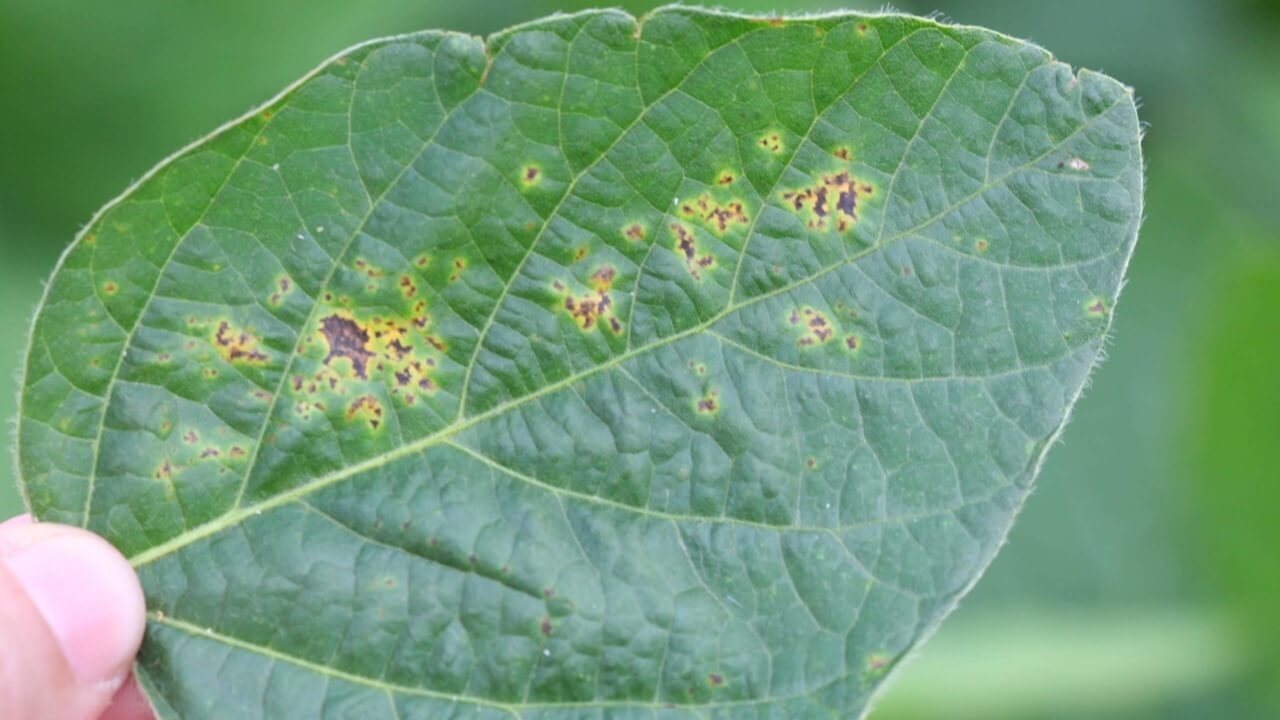UPSC Articles
Mechanism by which bacterium Xoo interacts with rice plants uncovered
Part of: GS Prelims and GS-III – Biotechnology
In news
- Recently, scientists from the Centre for Plant Molecular Biology (CPMB) have uncovered the mechanism by which bacterium called Xoo causes disease in rice plants.
- Xanthomonas oryzae pv. oryzae (Xoo) causes a serious bacterial leaf blight disease in rice.
- It is also known as Bacterial blight.
Key takeaways
- The most-common method of defending against rice bacterial blight is the cultivation of rice varieties with genes that confer resistance to Xoo infection.
- However, this method involves breeding or gene manipulation techniques that are laborious and time-consuming.
New Approach
- Scientists are working to identify and develop few molecules which are derived either from the Xoo bacterium or from the infected rice cell walls.
- Treatment of rice with cellulase, a cell wall degrading enzyme secreted by Xoo induces rice immune responses and protects rice from subsequent infections by Xoo.

Important value additions
Xoo
- It is a gram-negative bacterium.
- Xoo infection causes huge yield losses to rice cultivation throughout the world.
- Since rice paddies are flooded throughout most of the growing season, Xoo may easily spread among crops.
- Bacteria travel through the water from infected plants to the roots and leaves of neighbouring rice plants.
- Wind may also help spread the Xoo bacteria to other crops and rice paddies.














